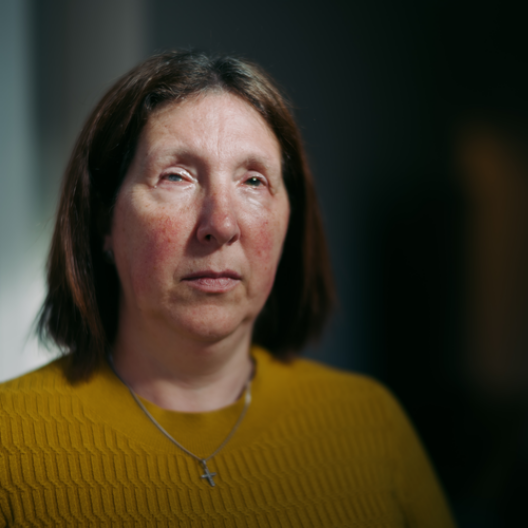
Disabled people face anxiety over benefit changes

Benefit cuts: what’s the latest?
As part of their Spring Statement earlier this year, the UK Government proposed cuts to disability benefits, including Personal Independence Payment (PIP) and the health element of Universal Credit. Strong concerns were voiced around these proposals, from charities including CAP as well as many Labour MPs. As a result, the Government adjusted their proposals to Universal Credit and protecting those currently claiming PIP from stricter eligibility criteria. The amended bill was approved when MPs voted 335 to 260 on 1 July 2025. The Bill will now proceed to a Committee of the whole House and Third Reading, which will take place on 9 July.
There have been significant developments in the UK Government’s proposals to cut disability benefits recently, and particularly in plans for stricter Personal Independence Payment (PIP) eligibility. Initial plans for wide-ranging cuts to PIP have been withdrawn, and the latest Universal Credit and Personal Independence Payment Bill passed on 1 July 2025 does not include those more extreme measures (with the exception of changes to the UC Health Element). This is a positive step forward and an indication that the UK Government has listened to disabled people, campaigners and organisations across the sector. It’s a win for those who have raised their voices in defence of vulnerable people’s financial security.
While some immediate cuts have been avoided, the ongoing cost of living, combined with other expenses, means that many disabled people and those with long-term health conditions continue to face financial hardship and the risk of debt. This is a primary concern for CAP, as we work alongside churches to help people in local communities who are struggling to make ends meet.
Although there has been a major U‑turn in some aspects of the Bill, such as removing the four-point rule criteria for PIP assessments and waiting for the result of Sir Stephen Timms review, other aspects of welfare reform will impact people currently receiving benefits and those navigating financial challenges. This includes recipients of the Universal Credit health element; the Government reversed the plans to freeze the higher rate of Universal Credit for people who already claim the health element, but new claimants would still get reduced payments.
Stewart McCulloch, Chief Executive Officer at CAP said:
CAP is still deeply concerned about people with additional needs who are on low incomes…Funding for tailored, free face-to-face debt advice support designed to help people with additional needs is also shrinking. Our worry is that some of the most vulnerable may fall into debt and not have the tailored debt support they need to get them back on their feet.
At CAP, we see brutal the impact of poverty first-hand, and while the UK Government aims to encourage more people into employment, we fear that vulnerable people will still be left without the vital support they need to manage the unavoidable extra costs of having a disability, such as specialist equipment, accessible transport or increased utility bills. These significant additional expenses are often referred to in the Disability Price Tag, a clear indicator of the financial inequality faced by disabled households.
Disabled people are at greater risk of deep, long-term hardship, which makes it harder to escape poverty. Statistics show that:


These stark figures show the critical need for compassionate, practical and face-to-face support for those already facing the extra costs of living with a disability. CAP urges a shift from benefit cuts to a compassionate, supportive system that respects individual circumstances, particularly for those with mental health challenges or disabilities.
Our free, expert debt help, delivered by local church-based and Bradford support hub teams, provides holistic care and tailored support that helps people like Angela – a mum living with sight loss, now debt-free – navigate their financial challenges and rebuild their lives.

Society is not set up for people like me. But CAP is.
In light of these statistics, CAP has launched an urgent appeal backed by match-funding, to support its face-to-face services that help people with more complex needs.
This appeal aims to provide life-changing help by addressing both the practical and emotional needs of those in financial crisis.
Learn more about CAP’s appeal and how you can help break the link between disability and debt
Statistic sources: 1. GOV Impact Report: The Universal Credit and Personal Independence Payment Bill: Change to Personal Independence Payment eligibility requirement. 2. Scope’s 2024 Disability Price Tag report. 3. Department of Work and Pensions, May 2025. 4. 2025 CAP data.



